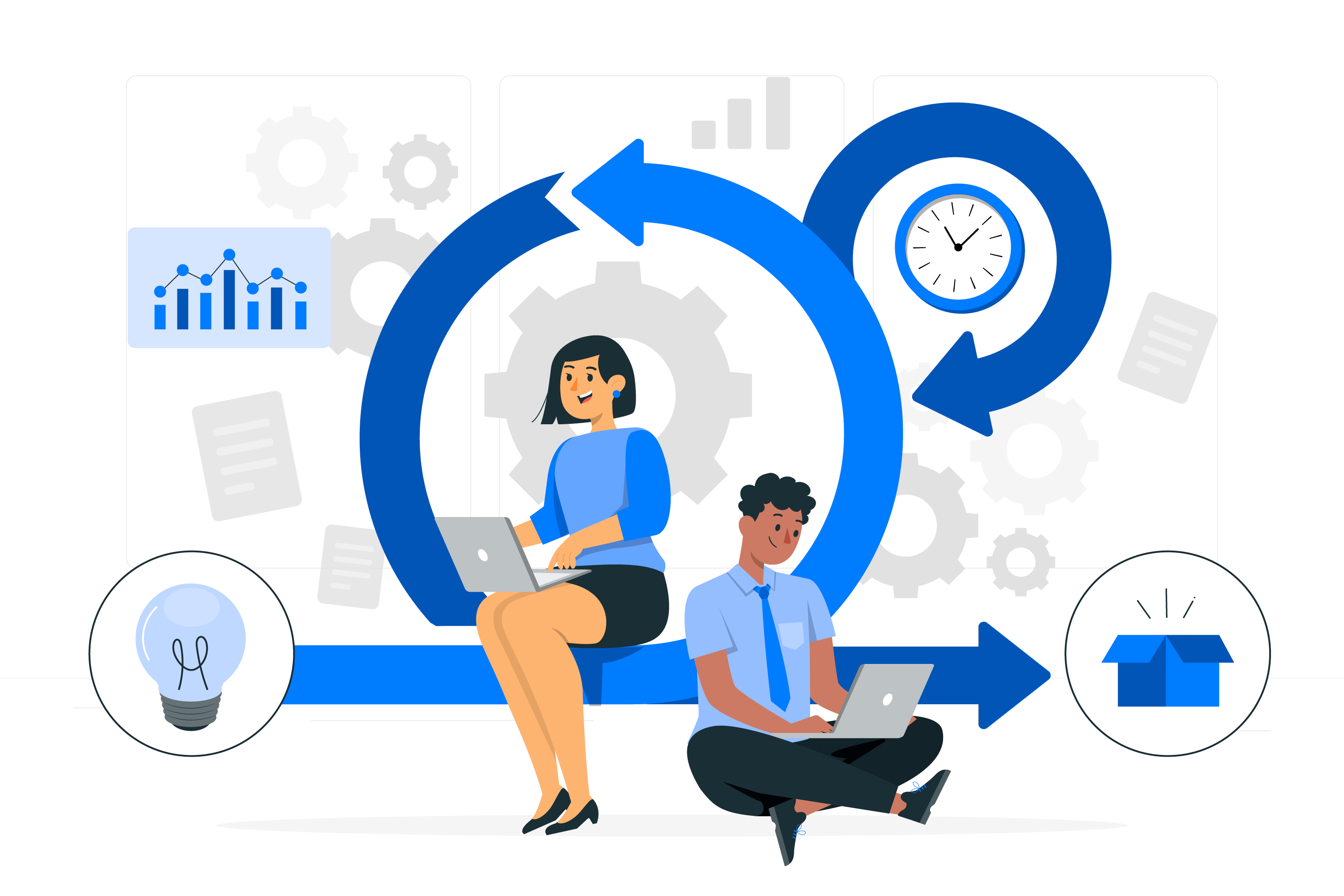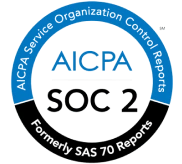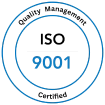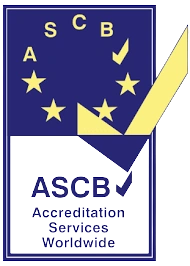Table of Content
Introduction
An HRMS software helps to manage your workforce and streamline mundane processes with a click. It helps to set up the process of the entire employee lifecycle to provide better experiences at every touchpoint. A company stays invested in HRMS management to comply with changing national rules and regulations.
HR leaders and employees use the HRMS software tool to independently carry out their daily operations. Such tools act as self-serving mechanisms to help employees automate and complete their tasks from their to-dos with as much ease as possible.
The modern HRMS like uKnowva helps to uncover trends to know the strengths and weaknesses of your workforce. Such data helps you, as a reporting manager, to make educated and impactful decisions to maximise the revenue with limited interruptions.
Want to skip the content?

What is HRMS?
HRMS, or Human Resource Management System, is a sophisticated software solution to streamline and centralise various HR functions. It is a digital hub for HR-related tasks, encompassing everything from employee data management to recruitment, onboarding, performance evaluation, and more. Essentially, HRMS functions as a bridge connecting HR professionals, employees, and management, enhancing the efficiency and effectiveness of HR operations.
Why is HRMS Important?
The importance of HRMS transcends its role as a mere software tool; it is a catalyst for organisational success. Let's explore in greater detail why HRMS is indispensable in today's workplace:
- Efficiency Amplification: HRMS significantly reduces the reliance on manual paperwork. Routine HR tasks such as employee data management, attendance tracking, and leave management are automated, resulting in substantial time and effort savings. This heightened efficiency allows HR teams to focus on more strategic aspects of their role.
- Precision and Accuracy: Automation inherently minimises the risk of human errors. Critical HR processes like payroll calculations, tax deductions, and compliance reporting are executed impeccably and consistently, mitigating the potential for costly mistakes.
- Data Centralisation: HRMS serves as a unified repository for all employee data. This centralisation simplifies accessing and updating information, eliminating data silos and ensuring consistency. The ability to access accurate user data facilitates better decision-making and reporting.
- Employee Self-Service: Many HRMS solutions include employee self-service portals. These portals empower employees to access their data, request leaves, view pay stubs, and update personal information. This enhances employee engagement and reduces the administrative workload on HR staff.
- Compliance Assurance: Staying compliant with labour laws and regulations is a perpetual challenge for organisations. HRMS automates various compliance-related tasks, including tax withholding and reporting, benefits administration, and record-keeping. This ensures adherence to legal requirements and provides an audit trail for regulatory purposes.
- Cost Efficiency: While there is an initial investment in implementing HRMS, the long-term cost savings are substantial. Reduced paperwork, increased operational efficiency, and minimised compliance risks contribute to significant cost reductions over time.
- Analytics and Reporting: HRMS systems have powerful analytics tools that generate data-driven insights. These insights help organisations make informed decisions regarding workforce planning, talent development, and performance management. HR teams can easily identify trends, spot improvement areas, and track key metrics.
- Scalability: As organisations grow, their HR needs evolve. HRMS solutions are designed to scale seamlessly, accommodating additional employees and new HR requirements without causing disruptions. This scalability ensures that the system remains relevant and effective in the face of organisational expansion.
Key Features of HRMS
To fully harness the potential of HRMS, organisations should be aware of its key features and functionalities:
- Employee Information Management: HRMS serves as a comprehensive database for employee profiles, housing critical information such as personal details, job history, skills, certifications, and performance records. This centralised repository ensures that HR professionals can quickly access the information they need for effective decision-making.
- Recruitment and Applicant Tracking: The system streamlines the entire recruitment process. It allows organisations to post job openings, receive applications online, and track candidates' progress through interviews and assessments. Applicant tracking features help in identifying the most suitable candidates efficiently.
- Attendance and Leave Management: HRMS simplifies the management of employee attendance and leave requests. It automates attendance tracking, including overtime calculations and absence records. Employees can submit leave requests through the system, which HR can review and approve, ensuring a streamlined process.
- Payroll Processing: One of the core functions of HRMS is automating payroll processing. The system calculates salaries, tax deductions, and other deductions, such as benefits and contributions, with precision. Additionally, it enables direct deposit, ensuring employees receive their salaries on time.
- Performance Evaluation: HRMS facilitates the performance management process by allowing organisations to set goals, conduct performance appraisals, and provide feedback within the system. This structured approach to performance evaluation fosters employee development and engagement.
- Benefits Administration: Managing employee benefits becomes more straightforward with HRMS. It helps HR professionals administer benefits and allows employees to make benefit choices, enhancing their overall experience.
- Compliance and Reporting: HRMS generates compliance reports essential for adhering to updated national labour laws and regulations. The system ensures that organisations meet their legal obligations, whether EEOC reporting, tax filings, or other mandatory reports.
- Training and Development: Tracking employee training needs and progress is crucial for skill development and career growth. HRMS provides tools to manage and monitor training programs, ensuring employees acquire the necessary skills to excel.
Conclusion
In conclusion, HRMS is not merely a tool; it's a strategic asset that empowers organisations to excel in today's competitive business landscape. Its role in centralising and automating HR processes is pivotal, contributing significantly to an organisation's overall efficiency, compliance, and success.
HRMS will remain at the forefront of effective human resource management as businesses evolve. Its ability to adapt to changing organisational needs, enhance employee experiences, and provide data-driven insights ensures that it will continue to play a central role in shaping the future of work. Embracing HRMS technology is not just an option; it's necessary for organisations aspiring to thrive in the dynamic world of HR management.
Frequently Asked Questions (FAQs) about HRMS
-
What is HRMS, and how does it differ from HRIS?
HRMS and HRIS are often used interchangeably, but there is a subtle difference. HRMS typically encompasses a broader range of HR functions, including payroll and workforce management, while HRIS primarily focuses on managing and storing employee data. In essence, HRIS is a subset of HRMS. Many modern HR software solutions combine HRMS and HRIS functionalities for comprehensive HR management.
-
Is HRMS suitable for small businesses, or is it primarily for larger organisations?
HRMS can benefit organisations of all sizes. While it's true that larger companies often have more complex HR needs, even small businesses can leverage HRMS to streamline their HR processes. Many HRMS solutions offer scalable options, allowing small businesses to start with basic features and expand as they grow. This scalability ensures that HRMS is a valuable tool for businesses of any size.
-
How secure is employee data in an HRMS system?
Reputable HRMS providers implement robust security measures to protect sensitive employee data. This includes encryption, role-based access control, regular security audits, and compliance with data protection regulations like GDPR (General Data Protection Regulation). Choosing a trusted HRMS vendor and following best practices for data security within your organisation is essential.
-
Can HRMS integrate with other software systems used in the organisation?
Many HRMS systems are designed to integrate seamlessly with other software commonly used in organisations. Integration enhances data accuracy, reduces duplicate data entry, and streamlines processes across different departments.
-
How long does it typically take to implement an HRMS system, and what is the learning curve for users?
The implementation timeline for an HRMS system can vary based on the complexity of your organisation's needs and the chosen solution. Smaller organisations with straightforward requirements may be up and running in weeks, while larger enterprises may require several months for a full-scale implementation.
The learning curve for users depends on the HRMS software's user-friendliness and the training level provided. Many HRMS vendors offer training and support during implementation to help users become proficient quickly. Additionally, the intuitive design of modern HRMS interfaces minimises the learning curve for HR professionals and employees.












